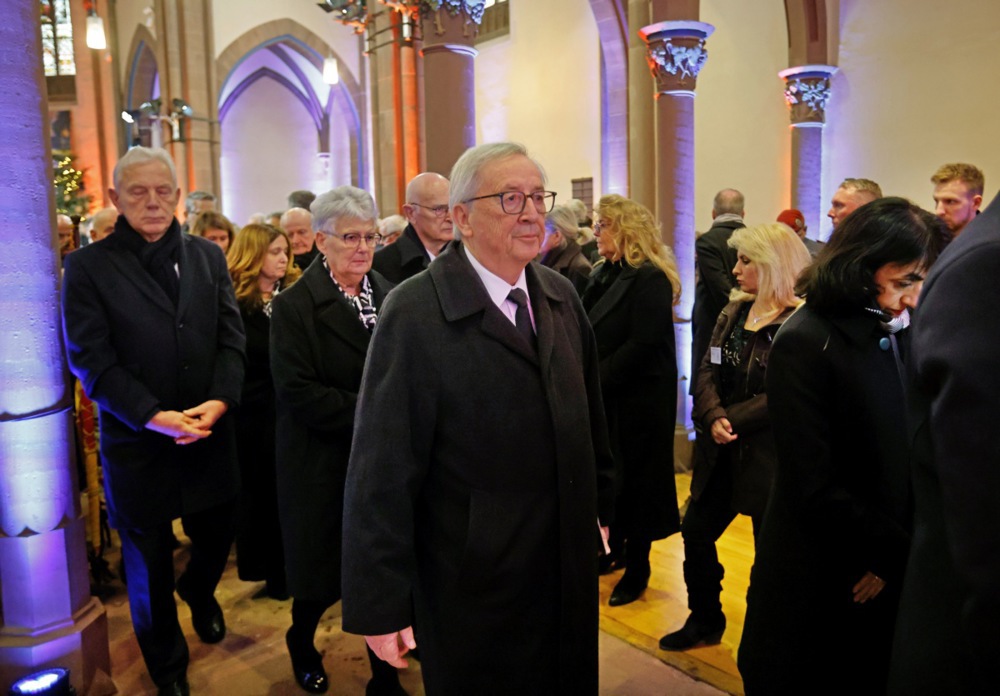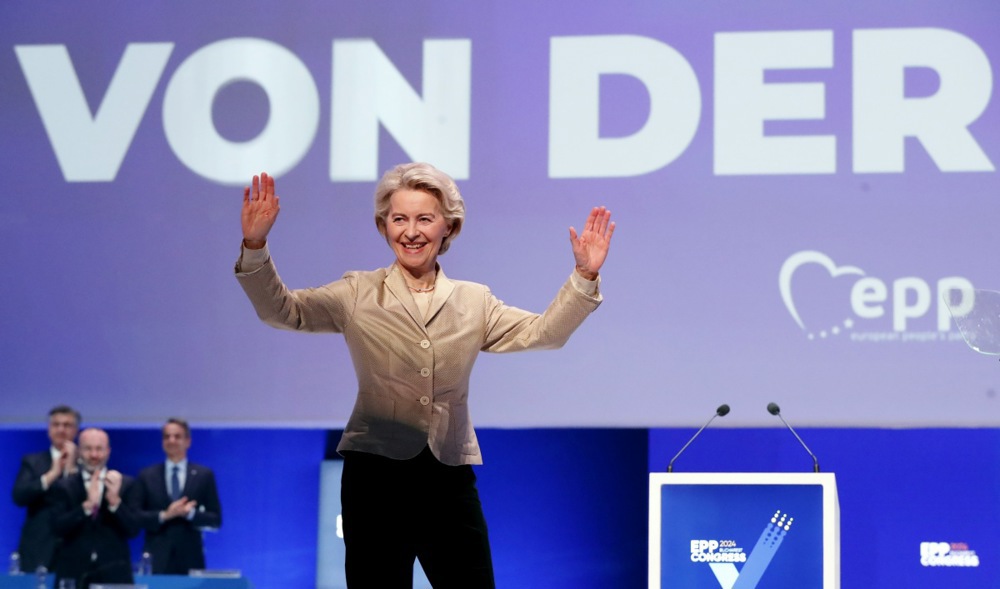Azerbaijan is unhappy over what it sees as an increasingly warm European Union relationship with Armenia and with the country’s possible accesion to the EU even being considered.
On March 13, the European Parliament approved a resolution calling for closer ties between the EU and Armenia and the need for a peace agreement between Azerbaijan and the country.
It received an overwhelming majority of 504 for to 4 against with 32 abstentions.
The resolution noted that Armenia enhancing relations with the EU could mean a “potential geopolitical shift” that could “help Armenia anchor itself more strongly in the community of democracies”.
It said that was “is a logical step in aligning with Armenia’s choice in favour of democracy, the rule of law, the fight against corruption and respect for the international rules-based order”.
The resolution also relates to Armenia joining the EU.
“Should Armenia be interested in applying for candidate status and continuing on its path of sustained reforms consolidating its democracy, this could set the stage for a transformative phase in EU-Armenia relations,” the document read.
Armenian foreign minister Ararat Mirzoyan had mentioned its possibly joining the bloc in an interview with the Turkish channel TRT on March 8.
“New opportunities are currently being discussed in Armenia and membership of the European Union is one of them, it’s no secret … We are in the process of deepening our ties with the European Union,” he said.
The Parliament resolution also urged Armenia and Azerbaijan to agree a sustainable peace treaty.
The document strongly objected to recent EU leaders’ statements congratulating Azerbaijan’s President Ilham Aliyev on his re-election without addressing the country’s “lack of democracy”.
The EU wants negotiations on any renewed partnership agreement to depend on Azerbaijan’s commitment to respecting Nagorno-Karabakh Armenians’ rights and a peace deal with Armenia.
Azerbaijan took offence at the resolution. In a fiery press statement, its foreign ministry said the text “is not only unfounded and biased but it also serves as a clear example of a recurrent double-standards approach against Azerbaijan”.
According to the Azerbaijanis, the resolution was influenced by the “Armenian Lobby” and “is an integral part of the smear campaign against Azerbaijan”.
“The resolution contains ludicrous and offensive statements that go beyond political ethics contradicting the essence of international relations, as well as statements that are in clear violation of Azerbaijan’s territorial integrity and sovereignty, revealing the true nature of the MEPs who proposed the resolution,” the ministry claimed.
It continued: “The European Parliament may prove a more useful institution if it addresses more serious issues plaguing Europe, such as racial discrimination, Islamophobia, xenophobia, extremism, and inhumane treatment of migrants, instead of interfering with the normalisation process between Azerbaijan and Armenia.
“We remind MEPs that such resolutions, which have nothing to do with the European Parliament’s declared values, completely invalidate its role as an institution,” the ministry statement concluded.
In engaging with both countries, the EU will have to manage a difficult balancing act. Since the Russian invasion of Ukraine, the bloc has looked to Azerbaijan for energy supplies, making the capital Baku a crucial partner – but popular sympathy seems to lie with the Armenian cause.
While the European Council and European Commission are trying to tread a fine line between Armenia and Azerbaijan, it seems the Parliament is increasingly aligning with the Armenian cause.
Good news: European Parliament passes resolution proposing consideration of ??#EU membership candidacy for ??#Armenia https://t.co/urqy0j0sTy
The Republic of Armenia is ready to be closer to the European Union, as much as the European Union considers it possible pic.twitter.com/Ncdh3S5etR— Viktor Yengibaryan (@vikyeng) March 13, 2024





